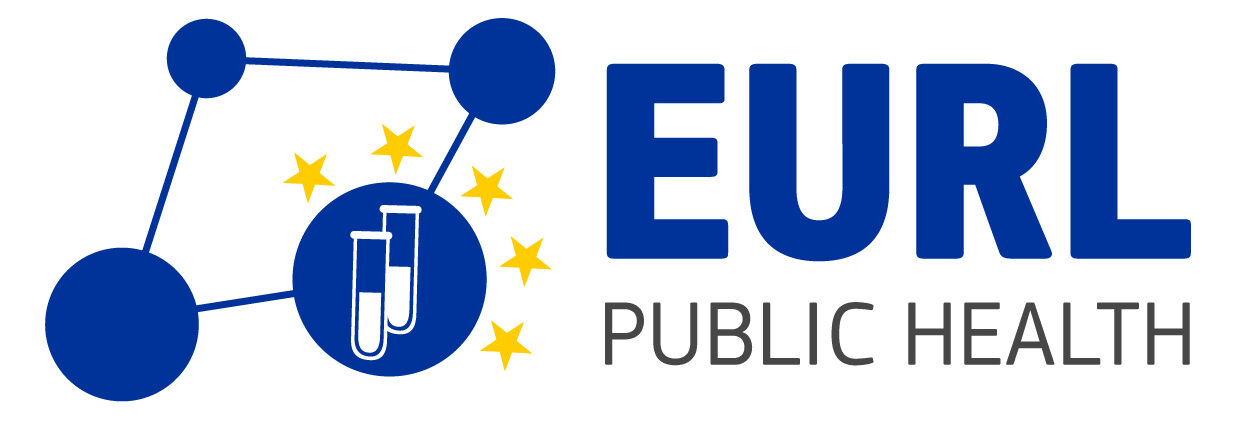Why?
Training is an important opportunity to learn new techniques or to improve already existing methodologies (e.g., updates on protocols) among the national reference laboratories (NRL). During the previous ECDC-funded pertussis networks, we learned from the laboratory capacity and EQA results that only around one third of the NRLs are performing the vaccine antigen expression tests or antimicrobial susceptibility testing. Both are important functions for NRLs and indicates clearly that more training is needed on these topics. Another important aspect is the nucleic acid tests to detect Bordetella among clinical samples. We learned that PCR-based detection in the European NRLs was rather good for identification of B. pertussis, but less so to detect other Bordetella spp. As NRLs should be able to give technical advice to other microbiology laboratories performing pertussis diagnosis in their countries, they should have these “functional” assays in their own facilities. Since the use of multi-target PCRs for diagnosis of airway infections is increasing, it is important to understand the advantages and disadvantages between single- and multi-target PCRs. For diphtheria, the gap analysis will provide us information on the training needs. The EQA rounds will also provide important information to this respect. However, we already acknowledge problems in tests confirming toxin production of C. diphtheriae.
What will be done?
During this project we will provide four wet-lab training possibilities. As macrolide resistant B. pertussis has appeared in many European countries we aim to have one the wet-lab trainings under this topic. Further, we will also provide 14 twinning trainings under various topics. However, these will based on the shortcomings identified within the EQA rounds, gap analysis, discussions with ECDC and outcome on personal communication.


